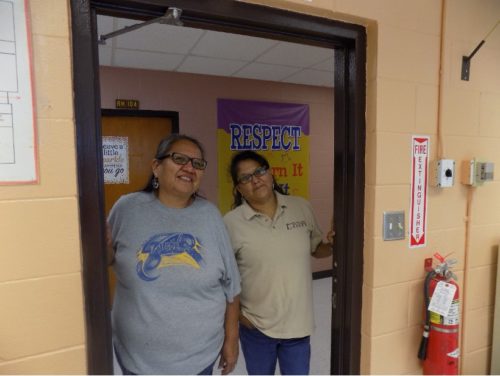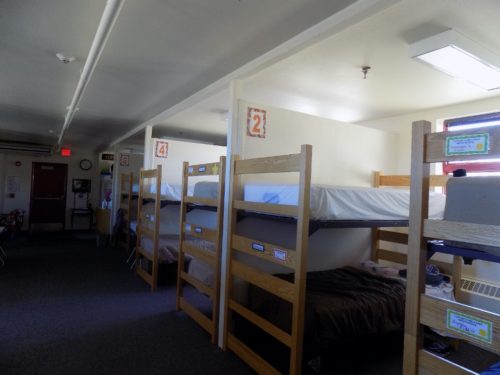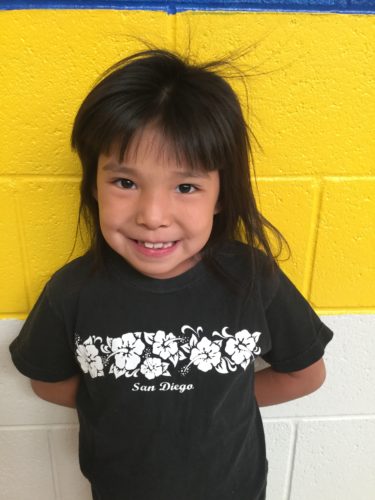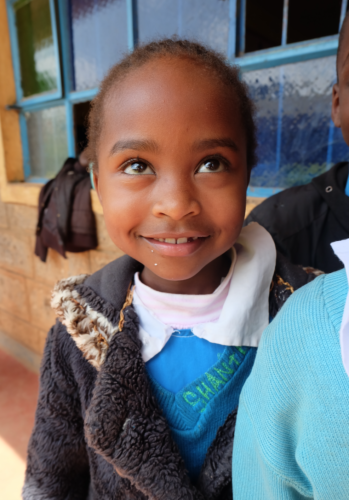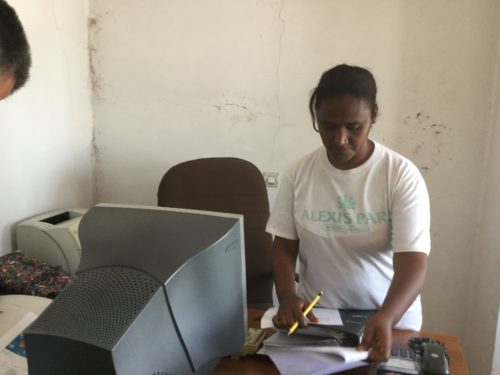Situated in the northwestern corner of South America, Colombia is rich in natural beauty, comprising rugged Andean mountains, lowland plains, sprawling Amazon rainforest and coastline on both the Pacific Ocean and the Caribbean Sea. Archeological evidence suggests that humans have called this land home for thousands of years. Its modern history begins at the end of the 15th century, when Christopher Columbus and the first Spanish explorers arrived in the region, subsequently establishing the area’s first successful Spanish settlement in 1508.
In rural areas of Colombia, more than seven million people are poor, and two million are living in extreme poverty.
Spanish colonization continued for over 400 years. In the mid-19th century, Colombia gained its independence and established itself as South America’s first constitutional government. However, political instability in the mid- to late-20th century led to the uprising of guerilla groups which have wreaked havoc through all manner of social injustice.
Tragically, their targets are most often children. Kidnappings, human trafficking, recruitment as soldiers into paramilitary groups and forcible participation in drug-trafficking rings are all everyday realities for vulnerable and disadvantaged children here.
Facts about Colombia
– The population of Colombia is 49,464,683.
– The official language is Spanish.
– The capital is Bogotá.
– Colombia is the second most biodiverse country in the world, after only Brazil.
– Colombia is the largest producer of mild Arabica coffee in the world.
– Colombia shares a land border with five countries, including Panama, Venezuela, Brazil, Ecuador and Peru.
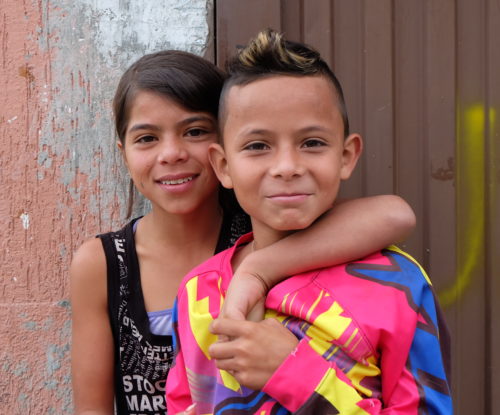 – Colombia is the only country in South America that has a coastline on both the Pacific Ocean and the Caribbean Sea.
– Colombia is the only country in South America that has a coastline on both the Pacific Ocean and the Caribbean Sea.
Facts about poverty in Colombia
– The unemployment rate in Colombia is 12.7%.
– The poverty rate in Colombia is 10.8%.
– Colombia suffered from a 52-year long conflict between the government and left-wing Farc rebels displacing millions of Colombians.
– Of the 3.8 million households in Colombia, nearly 30% do not have adequate housing with proper sanitation and electricity.
– In rural areas of Colombia, more than seven million people are poor, and two million are living in extreme poverty.
– Nearly one in ten children receive no education in the country.
Where we work in Colombia
In Colombia, we work with three affiliated projects in three different cities. In Bogotá, we work with the Rondon Center. In Manizales, we support children at the Centro de Orientacion. In Medellín, we work with Centro de Primavera.
Read more about our affiliated projects in Colombia:
Sponsoring a Child in South America
Changing Lives through Garment Making in Colombia
Transforming Mothers in Medellín
How you can help children in Colombia
You can help a child living in Colombia to receive an education in a few different ways. Sponsorship provides an underprivileged child with basic and education-related necessities such as food, clothing, healthcare, school supplies and school tuition payments.
Sponsorship provides an underprivileged child with basic and education-related necessities such as food, clothing, healthcare, school supplies and school tuition payments.
This vital support allows them to develop to their full potential — physically, emotionally and socially. Sponsors positively impact the lives of the children they sponsor through the knowledge that someone cares about their wellbeing. This gives children in need hope, which is powerful.
Our policy has always been to consider the needs of each sponsored child on an individual basis. We work closely with our volunteer coordinators at our project sites in Columbia, who are familiar with each individual circumstance and the needs of every child in their care. Sponsorship donations are sent to our projects — orphanages, homes, community centers and schools — at the beginning of each month in the form of subsidy stipends. Our on-site volunteer coordinators use those funds to purchase items for children in our program, to ensure that they have what they need to do their very best and succeed in school.
You can also help children in Columbia by donating to one of our special funds. Our special funds offer a variety of giving options for sponsors who wish to further their support, as well as for donors who wish to make a difference without making a commitment. In the past, thanks to donations to our Hope In Action Fund and our International Feeding Program, we have been able to further support our projects in Columbia beyond sponsorship.
***
References:

